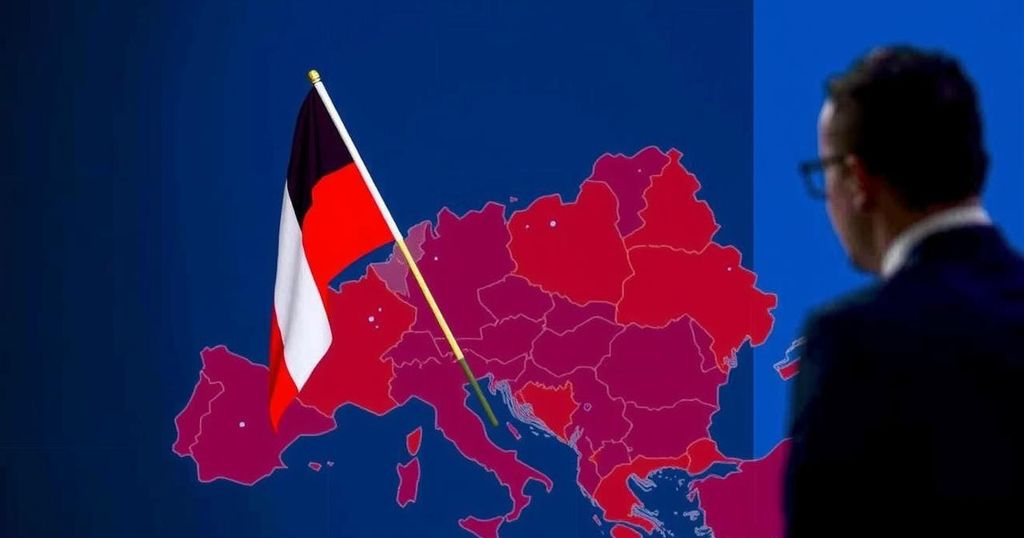Poland Prepares for Pivotal Presidential Election amidst Political Challenges

Poland anticipates a significant presidential election after Prime Minister Donald Tusk’s first year, marked by conflicts with President Duda and internal coalition divisions. Tusk’s Civic Coalition has nominated mayor Rafał Trzaskowski for the election, seen as vital for advancing liberal reforms. The election functions as a referendum on Tusk’s governance and the future direction of Polish democracy amid societal polarization and ongoing legislative obstacles.
As Poland approaches a pivotal presidential election next year, preparations intensify under Prime Minister Donald Tusk’s administration, which has faced significant challenges in its first year following the long-standing tenure of the populist Law and Justice party (PiS). The election will serve as a critical referendum on Tusk’s ability to govern, especially against President Andrzej Duda, who retains veto power over legislative efforts. The Civic Coalition has named Warsaw’s liberal mayor, Rafał Trzaskowski, as its candidate, inciting hopes among progressive voters.
Tusk’s government seeks to advance a reform agenda, having initiated some meaningful changes since assuming office. However, they have encountered considerable obstacles, including Duda’s presidential veto and divisions within the ruling coalition itself, comprising a broad spectrum from leftists to conservatives. Promises regarding liberalizing abortion laws and establishing same-sex civil partnerships have seen delayed progress, leading to disillusionment among liberal citizens.
The backdrop of political polarization complicates the upcoming election, with analysts indicating that the outcomes will directly influence Tusk’s capacity to govern effectively. The PiS party has also announced its candidate, Karol Nawrocki, intensifying competition for the presidency. Despite previous setbacks in legislative initiatives, the government has made strides, particularly in education and the establishment of a neutral public broadcaster, though deeper reforms remain elusive due to the challenging political landscape.
In December 2022, Donald Tusk succeeded in overthrowing the populist PiS party, which had dominated Polish politics for eight years. Tusk’s government welcomed a progressive and aligned coalition, generating optimism domestically and in the European Union. However, Tusk’s predecessor, President Andrzej Duda, retains significant power, leading to legislative gridlock and limiting the new government’s initiatives. The upcoming presidential election in May 2024 is crucial for Tusk, as it may either facilitate or hinder his reform agenda depending on the public’s response.
The impending presidential election in Poland presents itself as a defining moment for Prime Minister Donald Tusk’s administration, determining whether the progressive coalition can effectively implement its reforms. With considerable political divides and ongoing challenges, including the looming authority of President Duda, the outcome may dictate the future trajectory of Polish democracy. Voter sentiments towards key issues such as abortion rights and security will likely influence the electoral landscape, necessitating broad-based appeal from both Tusk’s coalition and the opposition. Ultimately, the election encapsulates much more than a contest for the presidency; it stands as a referendum on Poland’s democratic values and the resilience of its reform aspirations under Tusk’s leadership.
Original Source: www.theguardian.com








